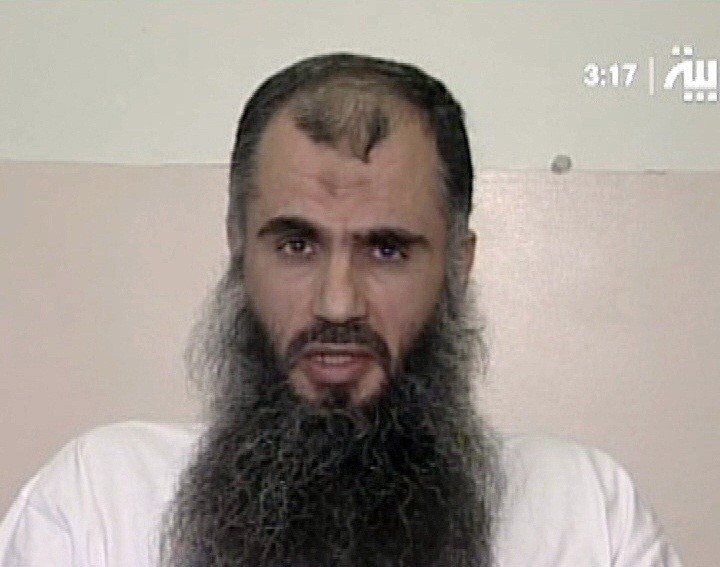Abu Qatada: Osama Bin Laden's 'Right Hand Man' To Remain in Britain

Radical Muslim cleric Abu Qatada has won his appeal against deportation from the UK to Jordan, the European Courts of Human Rights have ruled.
Abu Qatada, once described as "Osama Bin Laden's right hand man in Europe" should not be sent back to Jordan because there is a substantial risk that evidence obtained by torture might be used against him in court there, the court decided.
Qatada, 51, has been fighting to remain in Britain since he was first arrested under anti-terrorism legislation in 2002, saying he faced an unfair trial if he was sent back home.
The court ruled Tuesday that sending Qatada, real name Omar Mahmoud Mohammed Othman, back to Jordan would be a "flagrant denial" of justice.
According to the court, Qatada would be: "At real risk of ill-treatment or a grossly unfair trial if deported to Jordan, where he is wanted on terrorism charges," the court said in a statement announcing the ruling.
"Torture and the use of torture evidence were banned under international law," said the European Court in a statement.
"Allowing a criminal court to rely on torture evidence would legitimise the torture of witnesses and suspects pre-trial. Moreover, torture evidence was unreliable, because a person being tortured would say anything to make it stop."
The European Courts of Human Rights had discovered that the evidence of Qatada's in his onvolvement in two terrorist conspiracies was obtained by torturing two of his co-defendants.
British officials have described Qatada as an "inspiration" for terrorists such as Mohammed Atta, the lead hijacker behind the September 11, 2001, attacks in the United States.
Qatada arrived in Britain in 1993 and applied for asylum on the grounds that he has been tortured by Jordanian authorities.
© Copyright IBTimes 2025. All rights reserved.






















